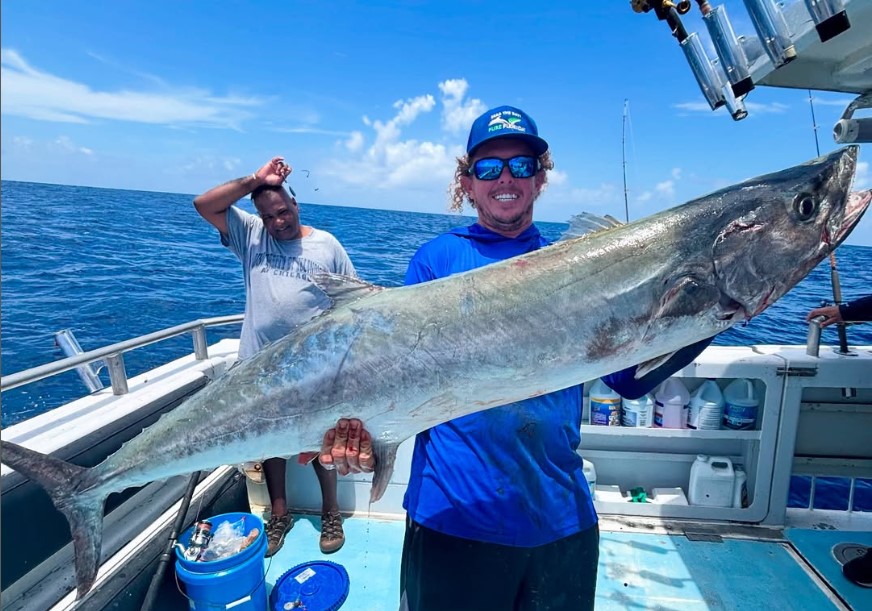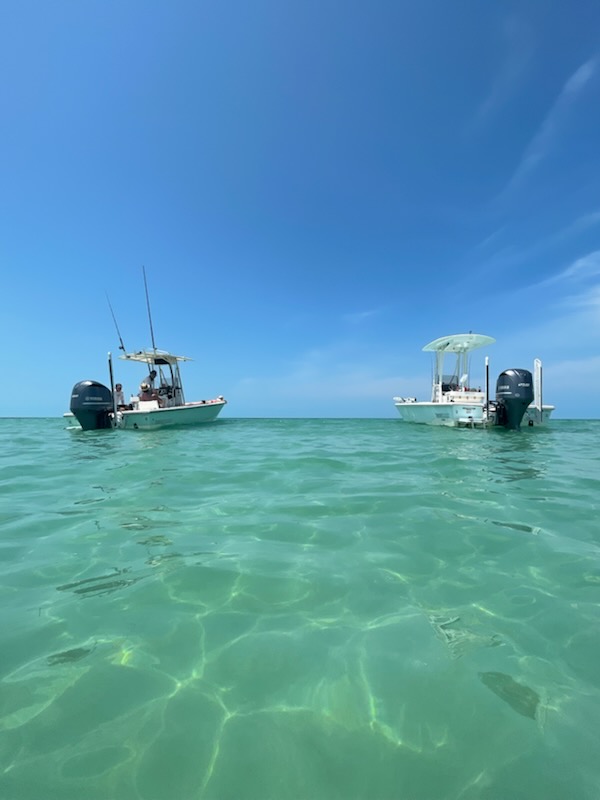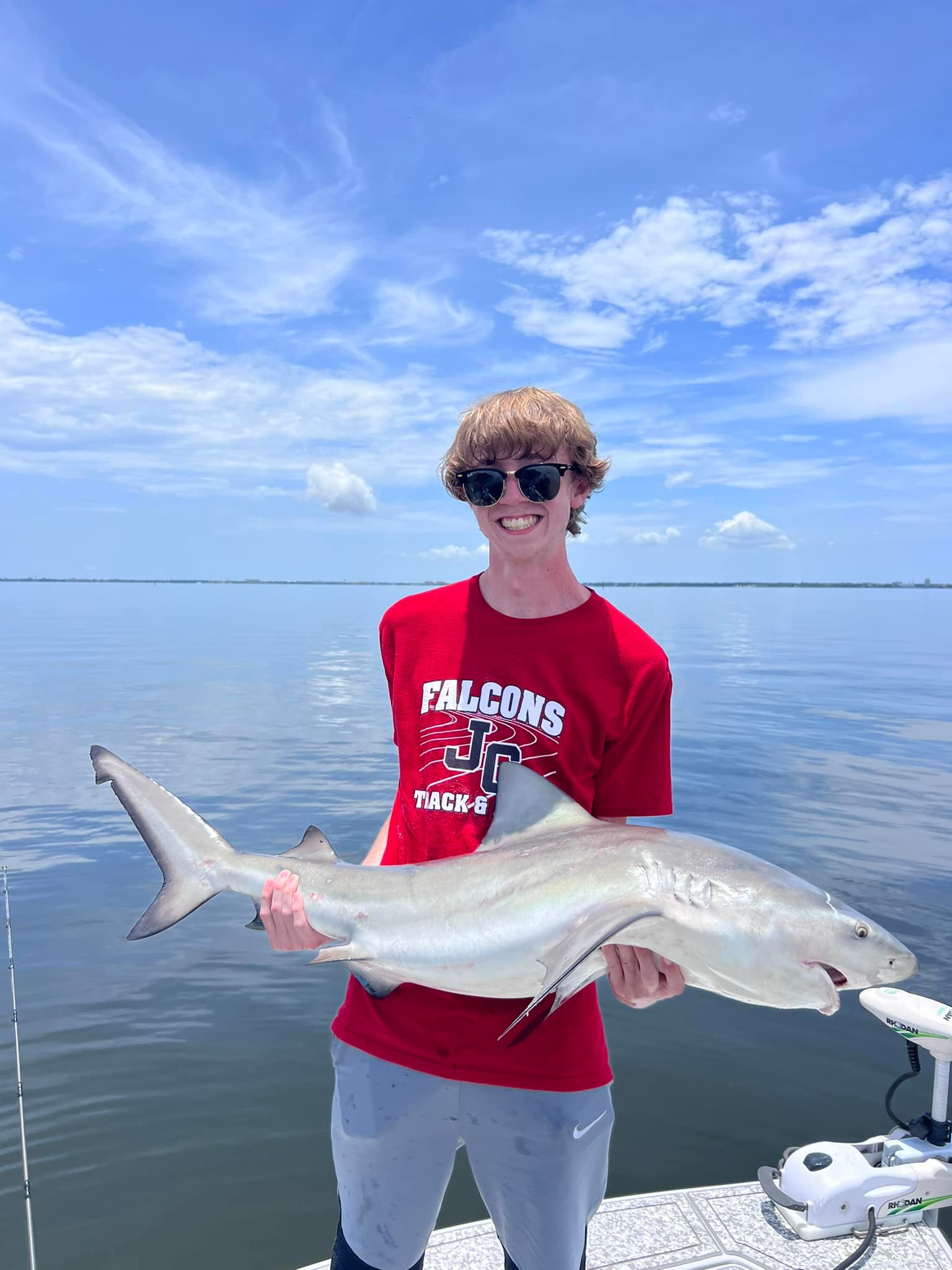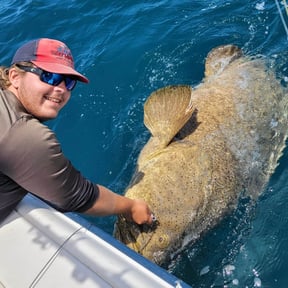Deep Sea, Nearshore Fishing in Orange Beach
December Snapper Reopen Special!
Deep Sea, Nearshore Fishing in Sarasota
Red Snapper December Re-Open
4-6 Hour Nearshore Fishing
Eco Tour, Boat Cruise in Dunedin
Set Sail With Captain Harry
4-8 Hour Offshore Fishing
Eco Tour, Boat Cruise in Key West
Florida Keys Sand Bar Sunset Tour
Inshore, Nearshore Fishing in Tampa
Shark Fishing Charter
Deep Sea Fishing in Dauphin Island
6-10 Hour Trip – Offshore
Nearshore Fishing in Dauphin Island
6 Hour Trip – Nearshore
Half Day Or Full Day Sailing
We started Captain Experiences to make it easy to book fishing and hunting guides around the world. With over 2,000 Damn Good Guides, our platform makes finding and booking a trip seamless. Head here to check out our trips.
Gulf Stream Changes
In recent years, the Gulf Stream has been a heavily researched topic, and the conclusions being drawn from this new information are unsettling. The cause for concern is justified because the ocean is closely tied to our life on land and small changes on a scale this size can have global consequences. While the headlines are painting a gloomy picture, let’s dive in and see if these claims hold any water.
What is the Gulf Stream
The Gulf Stream is a major ocean current that moves warm water from the Gulf of Mexico and Caribbean along the eastern coast of the United States and ends off the coast of the United Kingdom. According to NOAA, the volume of water moved by this current is greater than all of the freshwater rivers in the world combined.
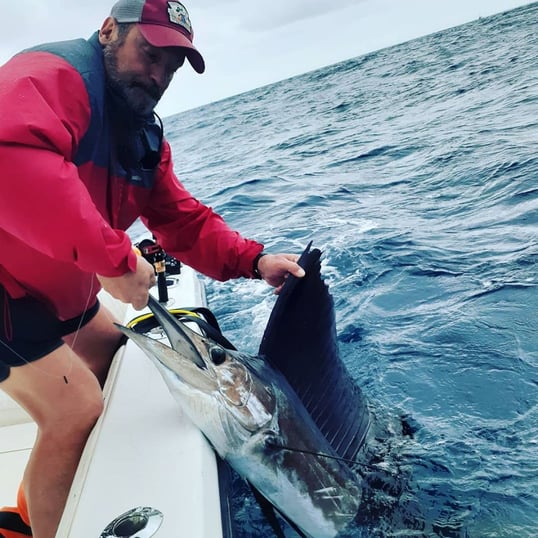
Is the Gulf Stream Shifting?
The Gulf Stream generally follows the same path, but changes in water parameters can shift the flow and disturb fragile ecosystems. In 2021, research showed the warm waters of the Gulf Stream pushed further north and interrupted the cool labrador current. This resulted in increased water temperatures and reduced forage for marine wildlife like the endangered right whale.
While the study shows how the Gulf Stream shifted, causing increased temperatures, it also shows that current ocean conditions in the region are not unprecedented and follow a cyclical pattern. Is the Gulf Stream Shifting? Yes, but it’s not unusual or a reason to panic.
Is the Gulf Stream Slowing Down?
Also in 2021, new research on the speed of the Gulf Stream was published. The results conclude that the current has slowed significantly over the last century and may approach the weakest flow in history. Projections based on their findings suggest that the Gulf Stream will continue to slow down, becoming increasingly unstable until hitting a point of no return around the year 2100.
If the Gulf Stream Stops What will Happen?
If the above projections become reality, marine ecosystems across the Atlantic—and potentially the world—face catastrophic fallout. The majority of the commentary about the potential effects of the Gulf Stream disappearing has revolved around a sudden shift to a cooler climate in Europe. While the marine climate shift would be extreme, other research suggests that the Jet Stream is responsible for warm weather instead of the Gulf Stream.
While it appears that the Gulf Stream is slowing down, it won’t stop in the immediate future. The data is concerning, but it’s new. More research will be necessary to better understand what’s happening.
Joey Butrus
Updated on November 7, 2024
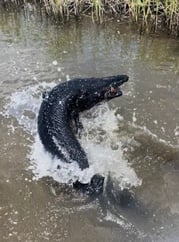
June 22, 2022

October 26, 2020
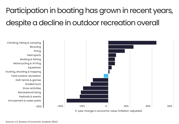
June 28, 2023

April 26, 2022

November 15, 2023
Related Articles
March 18, 2022
December 2, 2021
December 10, 2021
Featured Locations
- Fishing Charters Near Me
- Austin Fishing Guides
- Biloxi Fishing Charters
- Bradenton Fishing Charters
- Cabo San Lucas Fishing Charters
- Cancun Fishing Charters
- Cape Coral Fishing Charters
- Charleston Fishing Charters
- Clearwater Fishing Charters
- Corpus Christi Fishing Charters
- Crystal River Fishing Charters
- Dauphin Island Fishing Charters
- Daytona Beach Fishing Charters
- Destin Fishing Charters
- Fort Lauderdale Fishing Charters
- Fort Myers Fishing Charters
- Fort Walton Beach Fishing Charters
- Galveston Fishing Charters
- Gulf Shores Fishing Charters
- Hatteras Fishing Charters
- Hilton Head Fishing Charters
- Islamorada Fishing Charters
- Jacksonville Fishing Charters
- Jupiter Fishing Charters
- Key Largo Fishing Charters
- Key West Fishing Charters
- Kona Fishing Charters
- Lakeside Marblehead Fishing Charters
- Marathon Fishing Charters
- Marco Island Fishing Charters
- Miami Fishing Charters
- Montauk Fishing Charters
- Morehead City Fishing Charters
- Naples Fishing Charters
- New Orleans Fishing Charters
- New Smyrna Beach Fishing Charters
- Ocean City Fishing Charters
- Orange Beach Fishing Charters
- Panama City Beach Fishing Charters
- Pensacola Fishing Charters
- Pompano Beach Fishing Charters
- Port Aransas Fishing Charters
- Port Orange Fishing Charters
- Rockport Fishing Charters
- San Diego Fishing Charters
- San Juan Fishing Charters
- Sarasota Fishing Charters
- South Padre Island Fishing Charters
- St. Augustine Fishing Charters
- St. Petersburg Fishing Charters
- Tampa Fishing Charters
- Tarpon Springs Fishing Charters
- Venice Fishing Charters
- Virginia Beach Fishing Charters
- West Palm Beach Fishing Charters
- Wilmington Fishing Charters
- Wrightsville Beach Fishing Charters












